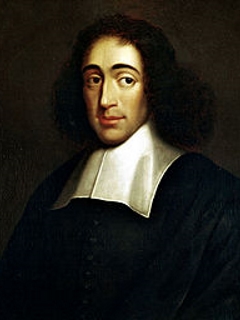

Fellowship of the spirit
pp. 277-296
in: Leroy Rouner (ed), Philosophy, religion, and the coming world civilization, Berlin, Springer, 1966Abstract
When man reflects on the finite and limited character of his existence, he is overcome by fear, which is, as Heidegger says, "more primordial than man himself." Spinoza begins his treatise On the Improvement of the Understanding with the words: "I saw that I stood in extreme peril and that I was compelled with all my strength to seek a remedy, however uncertain, as a sick man in the grip of a mortal disease foreseeing inevitable death unless a remedy be applied, is compelled to search with all his strength for that remedy, however uncertain it be, for every hope he has is placed therein." Man asks, is ultimate nothingness all or is there any meaning behind it all?



